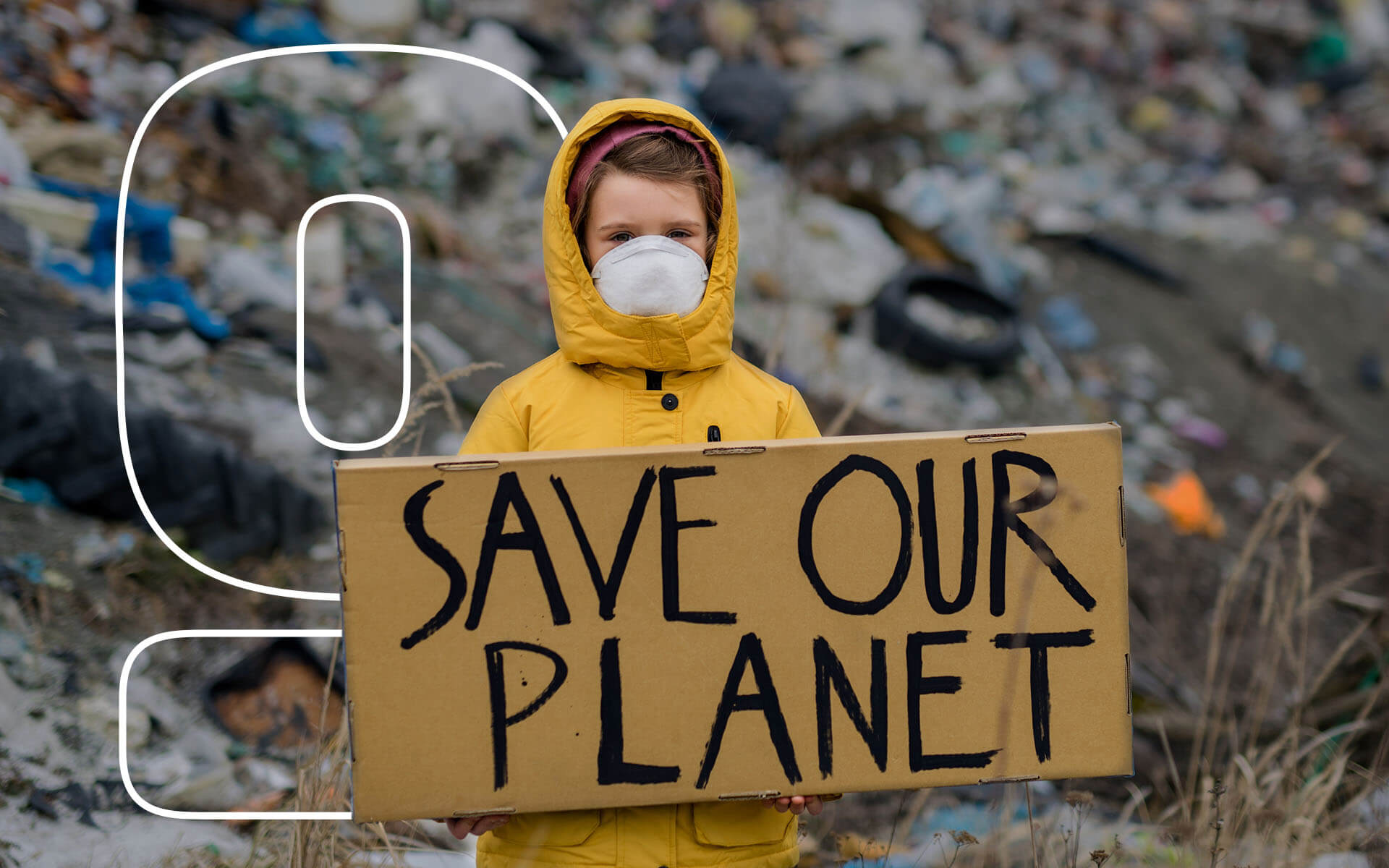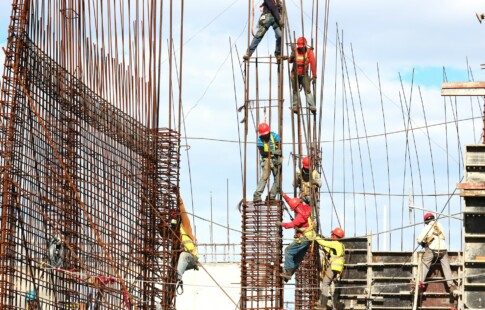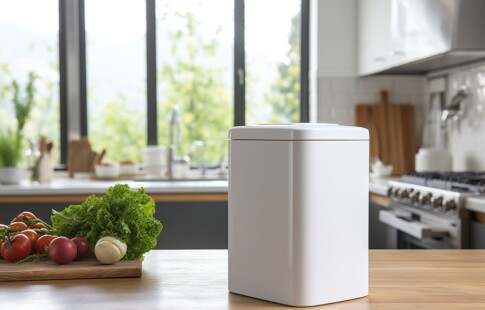
How to Raise Awareness About Pollution and Its Environmental Impact
We are reader-supported. When you buy through links on our site, we may earn affiliate commission.
As of 2022, there are about 7.9 billion people in the world, with the population expected to reach 9.7 billion by 2050. When we think about how much waste the global population accumulates daily, the pollution situation will worsen in the coming years. This post will describe ways to raise awareness about pollution.
Currently, pollution has dire implications on our natural resources, affecting plants, wildlife, and humans alike. Consider the following statistics, for example:
- There are about 4.2 million deaths annually because of outdoor air pollution.
- Due to contamination and water inaccessibility, about half of the global population will live in water-stressed areas by 2025.
- In 2018, the United States produced about 292.4 million tons of solid waste, equating to about 4.9 pounds per person every day. Of that, Americans recycled only 69 million tons of trash.
- Annually, over 14 million tons of plastic end up in the ocean, making up about 80% of all marine debris. This poses a severe risk to marine wildlife that ingests it.
While these statistics sound scary—and they are—we can do certain things to improve the pollution crisis. It’s our responsibility to take action and address the impact pollution has on the environment. If you’re wondering where to begin, here are seven ways you can raise awareness about pollution right now.
1. Create Social Media Posts
Research estimates that one in seven Americans use social media to connect, communicate and share content. By 2025, social media usage will likely reach 4.41 billion users worldwide.
There is power in the Internet age, and social media platforms are an excellent tool for spreading your message about pollution. While it may not seem as though a like, comment, or share can have a significant impact, you may be surprised to learn how effective it is.
If you share a social media post that provides well-researched information on plastic waste in the ocean, someone with a higher following might share it to their account, as well. Your post could have a greater reach organically and may inspire someone else to do their part.
Likewise, if you don’t have time to create social media posts yourself, search for accounts that focus on the environment, sustainable living, and reducing waste and share their content to your page instead.
2. Write Guest Blog Posts and Articles
Another creative way to promote your anti-pollution message is to publish guest blog posts or articles for digital environmental magazines. You may also decide to submit your writing to a local paper or another news platform.
Research has demonstrated the importance of environmental literacy for mobilizing communities about environmental risks through education and communication. For example, one study uncovered how a lack of communication and information led to misunderstandings and confusion about air pollution and its effects on long-term human health.
By writing articles to raise awareness, you become the source of information that protects both people and the planet from pollution. Your work may even encourage behavioral changes and promote eco-friendly living that reduces waste.
3. Host a Community Clean-Up
Another great way to raise pollution awareness is to host a community clean-up of a park or local beach.
Check with your city or town’s Public Works Department to determine if a clean-up or beautification program exists within your community. If not, ask them if you could work with them to create a trash pick-up initiative.
This may be a great way to get local kids, high schoolers, or college students involved in volunteerism, as well as the chance to teach them about pollution’s impact on the environment.
If Public Works already has a trash clean-up program in your area, consider attending the next event. Doing so will allow you to meet other like-minded individuals who care about the pollution crisis, as well. You may even be able to team up and develop additional strategies that address pollution together.
4. Reach Out to Your Local Officials
Contacting your elected officials may help you attain a broader audience and influence change regarding the pollution crisis. Elected officials regularly write and sign legislation into law. That’s why it’s important to vote and elect people who share our ideals to protect the environment.
Reach out to your state legislators by phone or email if you have concerns about pollution, particularly in your region.
Some waste issues require more intensive outreach to legislators. For example, the fracking industry has contaminated drinking water reserves in several states and impacted human health. Fracking wastewater flowback infiltrates clean water and typically includes heavy metals, radioactive material, chemical additives, and volatile organic compounds (VOCs).
Oil and gas companies have been able to get away with this due to an exemption in the Safe Drinking Water Act referred to as the Halliburton loophole. Since 2005, the Halliburton loophole essentially exempts fracking corporations from disclosing the chemicals and fluids used in fracking practices and further prevents the U.S. Environmental Protection Agency (EPA) from regulating those chemicals.
In other industries, such as DuPont subsidiary Chemours, wastewater containing the harmful chemical GenX has significantly contaminated the drinking water in the Cape Fear River in North Carolina.
Suppose you have serious concerns about corporations or industries contaminating water resources or the environment in your area. In that case, you can contact the EPA to report a suspected violation and open an investigation.
5. Sign Petitions
In addition to contacting your elected officials, you can also sign petitions that raise awareness about pollution. Many petitions can be found online and are a great way to have your voice heard collectively. Some of the advantages of signing petitions include:
- They let elected officials understand issues that the public cares about.
- They may have enough traction to convince the media to cover the story and further raise awareness.
- Organizations can more easily find people interested in the pollution crisis.
- They can bring about action and help raise money for pollution initiatives.
Whether you sign existing petitions or create one yourself, share it with your friends and family on social media or email explaining why they should consider signing, too.
6. Recommend Books and Videos to Others
Sometimes just speaking about pollution and educating others is the best way to raise awareness. You could recommend books and videos that friends and family may find interesting. Similar to creating guest blog posts for websites, you may decide to write a review for a particular book about pollution, as well.
Invite some friends over to watch an environmental documentary on pollution and discuss it afterward. You may also decide to buy age-appropriate environmental books for your kids or a friend’s kid.
7. Attend a Rally or March
Rallies and marches have helped raise awareness about numerous causes throughout history. They’ve even addressed several environmental issues in recent years, from climate change to fracking.
In 2019, millions of people worldwide marched in the Global Climate Strike, the largest youth-led protest for climate change that ever occurred.
Organizations provide many resources to search for pollution-related marches online. If there aren’t any marches where you live, you may want to discuss starting one with other activists. Make sure you begin promoting your event well in advance to ensure you have a successful turnout.
Do Your Part to Make a Positive Impact
No matter how small, taking action makes a big difference when it comes to raising awareness about pollution and the negative impact it has on the planet. It’s important to share your knowledge with others so that change can happen. After all, there is only one planet, and it’s worth saving.
Share on
Like what you read? Join other Environment.co readers!
Get the latest updates on our planet by subscribing to the Environment.co newsletter!
About the author
Jane Marsh
Starting from an early age, Jane Marsh loved all animals and became a budding environmentalist. Now, Jane works as the Editor-in-Chief of Environment.co where she covers topics related to climate policy, renewable energy, the food industry, and more.





